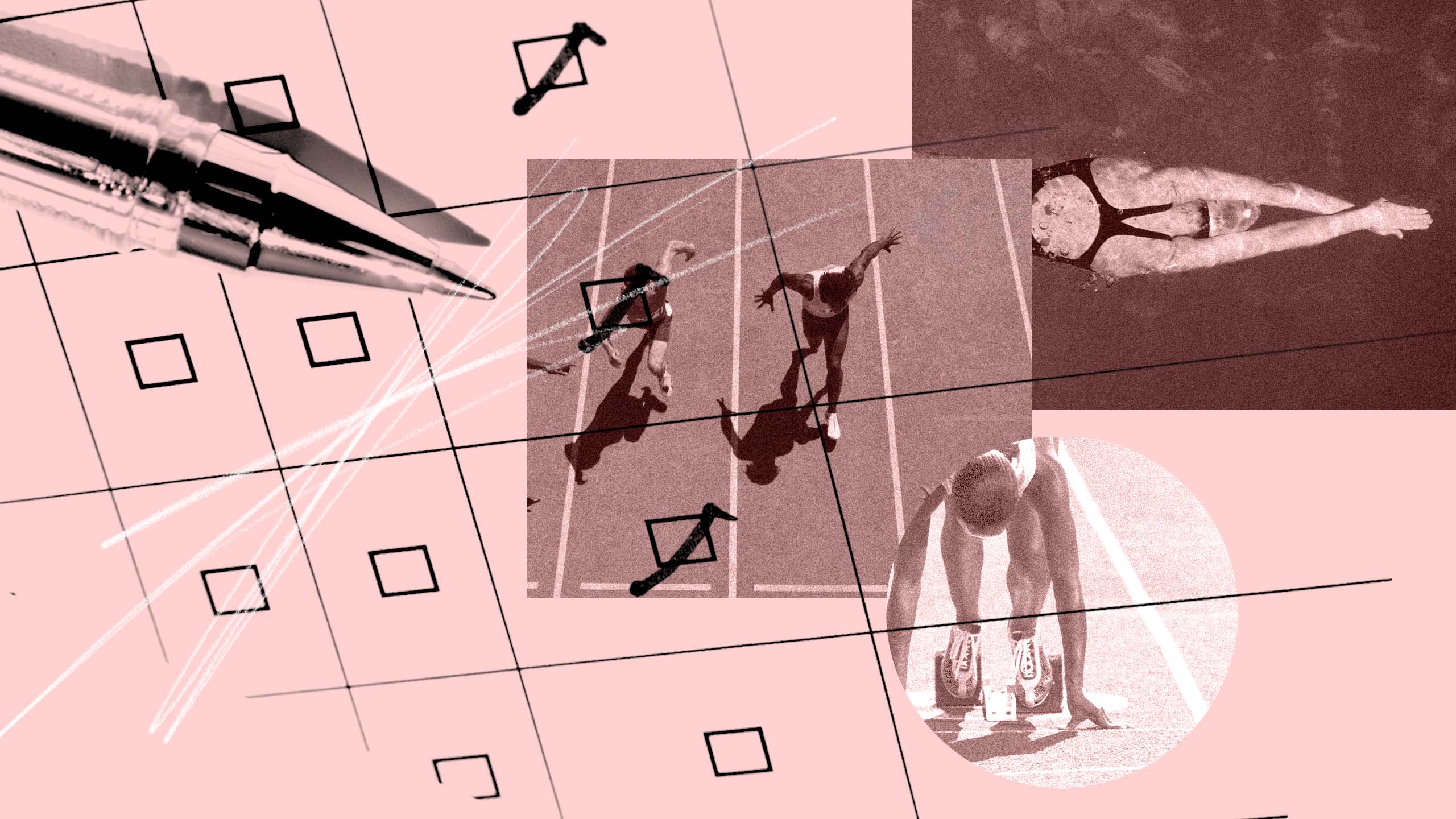A Sport Canada survey has been pulled after drawing a strong rebuke from over 200 athletes and researchers. Canadian high-performance athletes received a survey that asked for their opinion on the inclusion of “transwomen (biological males) in female categories” as part of a research project funded by the Canadian government.
According to an outreach email seen by Xtra, the survey was commissioned by “independent researcher” Catherine Devine on behalf of Sport Canada—a part of the Canadian government’s Department of Canadian Heritage, which works to develop all levels of sports in the country, and to broaden everyone’s ability to access sport. The email stated that the data from the survey may one day appear in an academic journal.
“[This survey] investigates the views of Canadian high-performance female athletes regarding both the International Olympic Committee Framework and the Canadian Centre for Ethics in Sport guidance for the inclusion of transwomen (biological males) in female categories,” the email read.
“Female athletes are stakeholders in this area of policy and yet their views are rarely heard. Please be assured that all responses are anonymous.”
In response to the survey, LGBTQ2S+ sports advocacy group Athlete Ally published an open letter from over 200 Canadian high-performance athletes and scholars pushing back on the survey for its transphobic language.
The term “biological male” features in many anti-trans bills around the world that seek to limit the participation of mostly trans women in sports all the way down to the grassroots level. Opponents of trans participation in sports based on their gender identity usually contend that trans women retain athletic advantages if they medically transition after puberty.
However, this line of thinking does not take into account the random nature of high-performance sport, and how necessary skills to succeed in sports vary tremendously from sport to sport, or discipline to discipline. n its latest guidelines, the International Olympic Committee (IOC) has said that sports bodies should move away from policies where trans athletes need to suppress hormones through medical interventions, and argues that policies based on testosterone levels in athletes are outdated.
“Led by Catherine Devine, the Canadian High Performance Athletes 1 survey perpetuates discriminatory views of transgender athletes and [is] a clear violation of the Tri-Council Policy Statement, which mandates that researchers respect the dignity of human subjects,” Athlete Ally said in its statement about the survey.
“Throughout the survey, Devine uses the term ‘biological males,’ code for a trans-exclusionary position, which deliberately demeans and devalues trans women’s identities and humanity and ignores scientific research demonstrating that the athletic capabilities of transgender women are not comparable to those of cisgender men.”
Devine, on her own website, says she is an independent researcher who previously was a senior lecturer in sport and physical activity at the University of Cumbria for 23 years. The same website links to a paper she published with the “voices of 19 Olympians,” about trans inclusion in sport. On her Twitter account, she posts about the limits of trans inclusion in sport, while highlighting “gender critical,” viewpoints. Requests for comment from Devine about her survey and its larger intentions were not returned.
Her website states that she is currently studying “human rights deficits for females manifest in eligibility criteria for female sport categories which privilege transgender inclusion over female inclusion both at elite and participation levels.”
Questions over funding remain
As part of its budget, Sport Canada gives money directly to athletes to pursue high-performance goals, helps cities and communities host sporting events and provides funding to strengthen the country’s “national sport system.” This budget comes from the country’s federal government, meaning that Canadian taxpayers fund its initiative.
Requests for comment from the Department of Canadian Heritage about how the funding for this survey was allocated were not immediately returned.
In a statement provided to Xtra, Sport Canada said that the survey was closed, and declined to comment specifically on the language used in the survey’s introductory email, saying instead:
“We are committed to the overarching value of inclusion, and compassion and support for trans-identifying athletes, while preserving sport integrity and protecting women’s and girl’s rights to fairness and safety.”
“Sport Canada remains dedicated to hearing a plurality of voices and ensuring that sport presents opportunities for all to participate,” the statement added.
When asked how funding was allocated to Devine specifically, Sport Canada did not immediately respond.
Athletes who criticized the survey were quick to point out that it comes at a time when the issue of trans inclusion in sports is being taken out of the hands of sports bodies by increasingly anti-trans legislative bodies.
In 2022, 16 states in the U.S. have banned trans athletes from competing in school sports that match their gender identity, while politicians have used trans sports as a wedge issue.
Quinn, Canada’s first openly trans Olympian, said in a statement that they were “dismayed” to see Sport Canada attach funding to a survey that “perpetuates deeply harmful stereotypes about transgender athletes.”
“Especially given the onslaught of legislation and policies banning transgender youth from sports, we need research that dispels myths and misinformation and that promotes inclusivity, not discrimination.”


 Why you can trust Xtra
Why you can trust Xtra


